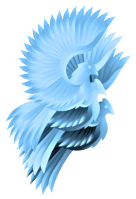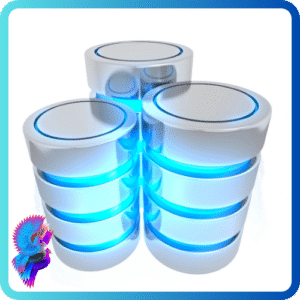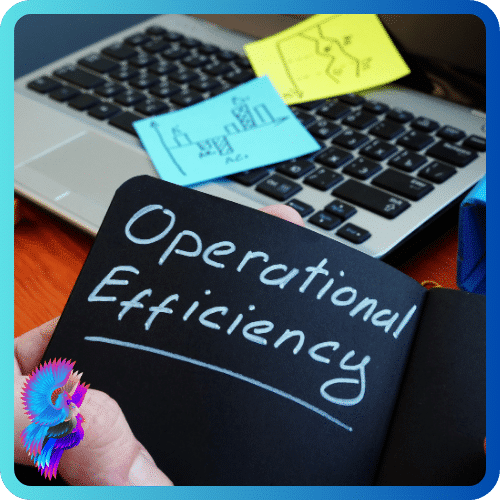Advertisements
There are several types of databases, including:
-
- Relational Database: This type of database organizes data into tables with rows and columns, and uses structured query language (SQL) for managing and manipulating the data. Examples include MySQL, Oracle, and Microsoft SQL Server.
- NoSQL Database: NoSQL databases are non-relational databases that store unstructured or semi-structured data. They provide flexible schemas and horizontal scalability. Examples include MongoDB, Cassandra, and Redis.
- Object-Oriented Database: These databases store objects rather than traditional rows and columns. They are designed to work well with object-oriented programming languages like Java or C++. Examples include db4o and Versant.
- Hierarchical Database: In this type of database, data is organized in a tree-like structure with parent-child relationships between records. IBM’s Information Management System (IMS) is an example of a hierarchical database.
- Network Database: Similar to hierarchical databases, network databases organize data in a tree-like structure but allow multiple parent-child relationships between records. Integrated Data Store (IDS) is an example of a network database.
- Graph Database: Graph databases use graph structures to represent and store data, focusing on relationships between entities rather than the entities themselves. Neo4j is a popular graph database.
- Time-Series Database: Time-series databases are optimized for handling time-stamped or time-series data such as sensor readings or financial market data. InfluxDB and Prometheus are examples of time-series databases.
These are just some of the common types of databases available, each suited for different use cases based on their specific features and capabilities.
What difference between Oracle Database and Microsoft SQL Server
There are several differences between Oracle Database and Microsoft SQL Server.
Here are some of the key differences:
-
- Vendor: Oracle Database is developed and marketed by Oracle Corporation, while Microsoft SQL Server is developed and marketed by Microsoft Corporation.
- Platform: Oracle Database is available on multiple platforms including Windows, Linux, Unix, and mainframe systems. On the other hand, Microsoft SQL Server primarily runs on Windows operating systems.
- Licensing: The licensing models for Oracle Database and Microsoft SQL Server differ. Oracle typically uses a named user plus processor licensing model, while Microsoft SQL Server offers various licensing options including per core or server/CAL (Client Access License).
- Cost: The cost of Oracle Database tends to be higher compared to Microsoft SQL Server, especially for larger enterprise deployments.
- Features and Functionality: Both databases offer many features and functionality but may differ in specific areas. For example, Oracle Database strongly focuses on scalability, high availability, and security features. On the other hand, Microsoft SQL Server provides tight integration with other Microsoft products and technologies such as the .NET framework and Azure cloud services.
- Development Tools: Oracle provides tools like SQL Developer and PL/SQL Developer for database development and administration tasks. Microsoft offers tools like SQL Server Management Studio (SSMS) for similar purposes.
- Market Share: Both databases have a significant market share globally but have different strengths in different regions or industries. Oracle Database has traditionally been more popular in large enterprises with complex requirements, while Microsoft SQL Server has gained popularity among small to medium-sized businesses due to its ease of use and integration with other Microsoft products.
It’s important to note that these differences may vary depending on the specific versions of each database being compared as both vendors continuously release new versions with updated features and capabilities.
Advertisements























